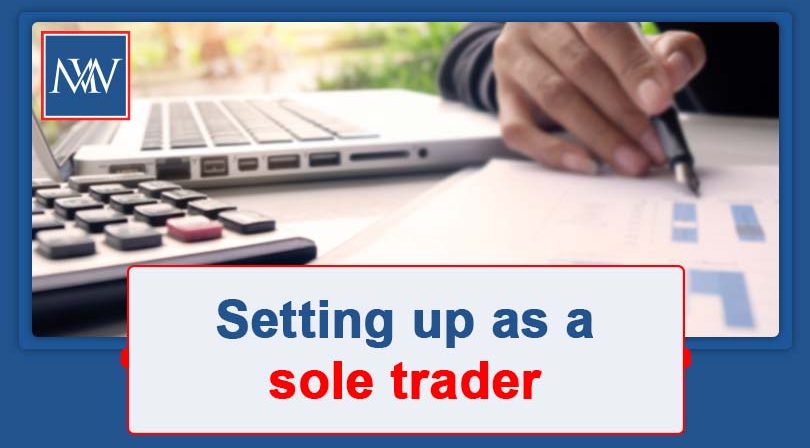
Setting up as a sole trader
How you operate your business determines the taxes that you pay and your reporting obligations.
You are a sole trader if you work for yourself and run your business independently rather than through a limited company. By contrast, if you operate your business through a personal company, even if you are the sole employee and director, the company has its own legal identity.
As a sole trader, you will pay income tax and Class 4 National Insurance contributions on your profits. For 2023/24 and earlier years, Class 2 National Insurance contributions were also payable.
Registering as a sole trader
Your registration obligations depend on whether you are already registered for self-assessment, which may be the case, for example, if you have rental income to report to HMRC, and, where you are not already registered, the level of your gross trading income.
If you are not already registered for self-assessment and have trading income for a tax year of more than £1,000, you will need to register for self-assessment by 5 October following the end of the tax year (so by 5 October 2025if you start self-employment in 2024/25 and have gross trading income of more than £1,000). You can register online on the Gov.uk website.
If you are already registered for Self Assessment for another reason, you will need to register as a sole trader for Self Assessment as this will register you for Class 4 National Insurance contributions. You can also register if you have low profits but want to pay voluntary Class 2 National Insurance contributions.
Gross trading income of £1,000 or less
If your gross trading income (i.e. before the deduction of expenses) is £1,000 or less, you can take advantage of the trading allowance. This allows you to enjoy your profits tax-free and without any need to tell HMRC about them.
You can still benefit from the trading allowance if your gross trading income is more than £1,000 by deducting the £1,000 allowance rather than your actual expenses. This will be worthwhile when your expenses are less than the allowance. However, in this instance, you will need to be registered as a sole trader for self-assessment.
If your income is £1,000 or less, but you have made a loss, it is worth registering and filing a tax return so that you can claim relief for the loss.
Records
You will need to keep records of your business’s income and expenses. You can find guidance on the records that you will need to keep by visiting the Gov.uk website at www.gov.uk/self-employed-records.
Income tax and National Insurance
If you are self-employed, you will pay income tax on your profits. From 2024/25 onwards, the profits that are taxed for the tax year are those for the tax year (i.e. 6 April to the following 5 April) regardless of the date to which you prepare accounts. An accounting date of 31 March to 5 April inclusive, is treated as corresponding to the tax year.
Your income tax liability is calculated by reference to your total income for the tax year, including your profits from self-employment. You will need to file a tax return by 31 January after the end of the tax year (so by 31 January 2026 for 2024/25). You will also need to pay Class 4 National Insurance on your profits if they exceed £12,570. For 2024/25, this is payable at 6% on profits between £12,570 and £50,270 and at 2% on profits in excess of £50,270.
Your tax and Class 4 liability must be paid in full by 31 January after the end of the tax year. Where your total tax and Class 4 liability for a tax year is £1,000 or more, you will need to make payments on account for the following tax year on 31 January in the tax year and 31 July after the tax year, unless 80% of your tax is collected at source, for example, through PAYE. Each payment is 50% of the previous year’s liability.
VAT
You will also need to register for VAT if your VAT-taxable turnover reaches the VAT registration threshold of £90,000.
Partner note: www.gov.uk/set-up-as-sole-trader
For more information, Book a Free Consultation
Need Accountancy Support?
For information on bespoke training, or if you have any other questions for Makesworth Accountant, please fill in your details below
















 151
151